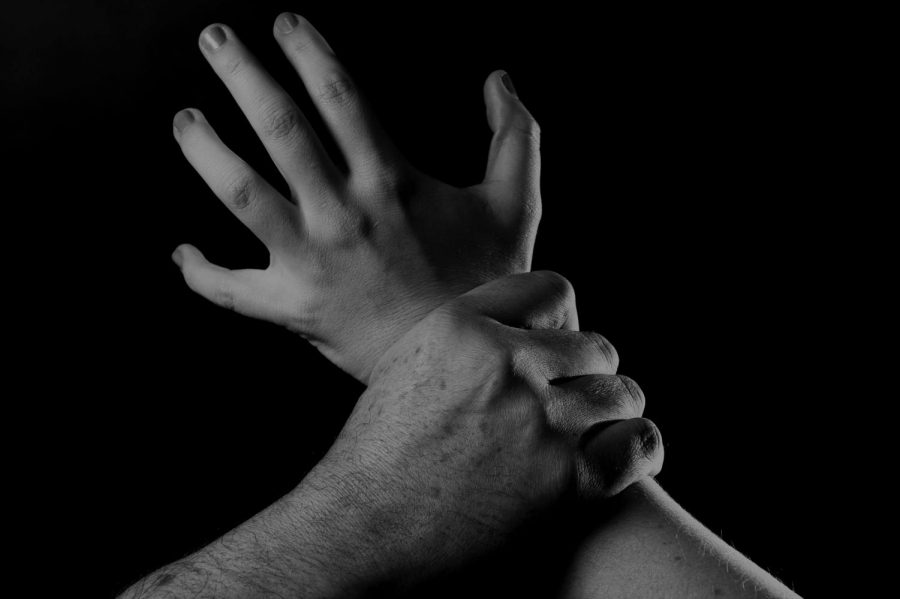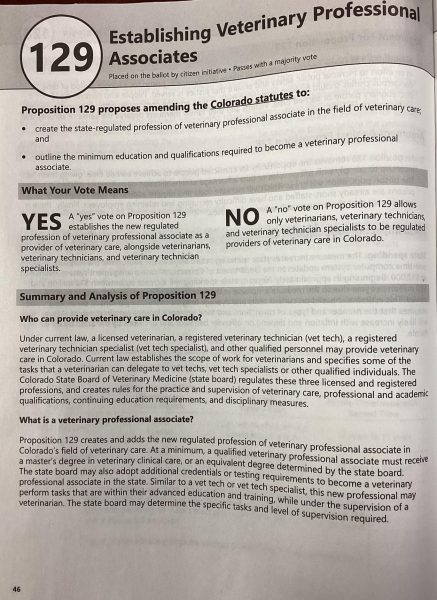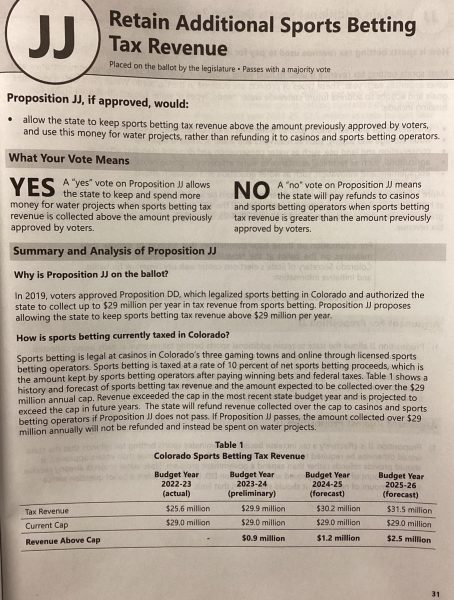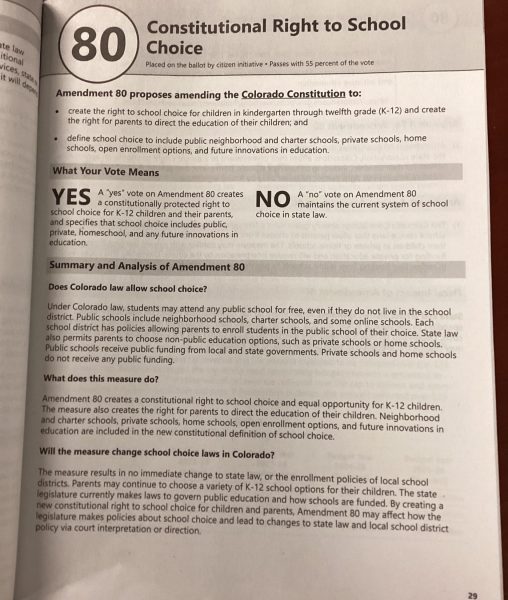“No”: An Examination of the #MeToo Movement
“No.”
It had started as a whisper stained with “too much” Jack Daniels. That whisper grew until it was fists and kicking legs and screaming for help that didn’t come until years later in a warmly lit therapy office.
The word ‘rape’ often elicits the vision of hooded assailants in dark alleys. But my hooded assailant was one of my closest friends. My dark alley? A camping spot that my family had visited when I was a kid.
My fight only brought me nail marks on my inner thighs so deep that to this day I can’t get dressed without thinking about that night. The emotional scars run even deeper.
I had said “no.” I fought. I wasn’t dressed “inappropriately.” It just didn’t connect in my head why this had happened to me.
For years I blamed myself.
If I hadn’t drank so much… If I had just gone to bed… If this… if that…
If only I hadn’t been raped.
Years later, on January 20, 2017, I watched as a known sexual predator who 21 different women claim sexually abused them in one way or another was sworn in as the 45th president of the United States of America.
The same man who used the term ‘locker talk’ as an excuse to publicly embarrass and harass unsuspecting women is now running our free nation. Someone who berated a female news reporter by saying she had “blood coming out of her wherever,”as a character flaw, holds the fate of Americans in his hands.
The social climate following Trump’s inauguration allowed for what is called the “Weinstein Effect” following the exposure of film producer Harvey Weinstein as a sexual abuser. A flood of women were finally enabled to come forward about the misconduct they have experienced.
#MeToo littered Twitter feeds (mine included) for months following the news, as women from all walks of life shared their own personal battles with sexual assault, some with explicit detail and some as silent cries of solidarity.
The introduction of the hashtag outed Hollywood “heroes,” NFL players, chefs, TV hosts, and politicians as sexual abusers. So many so, The New York Times started a running list of names currently at a total of 71 men.
Empowering as it is to hear the same story with a different cast of characters set across the globe, the narrative itself simply is not enough.
Amidst this wave of wrongdoing, The New Yorker published a short story entitled “Cat Person.” Many women painfully identified with the main character, Margot, a college student that experiences what some are labeling as “an awkward sexual encounter” with Robert.
Many were quick to draw parallels to the story Aziz Ansari told regarding his sexual misconduct. As with Ansari’s plea that he did not recognize that his partner “Grace” was uncomfortable with their sexual encounter, people began to express that the only thing Robert and Ansari are guilty of is not being mind-readers.
Both stories drew a line in the sand for people, and some women even agreed with this thought process. At a day in age where sexual misconduct is so prevalent, it is not the time for division.
The outcry from men that they can no longer talk to women in the workplace or cat call or flirt is unjust and honestly so far from the actual point the #MeToo movement started.
So how DO we talk about consent? Are sexual encounters to now proceed an official document stating consent? Is sex abolished from here on out?
“No.”
Sex that does not begin with consent is not sex. Period. It doesn’t matter how “into it” they seem. It doesn’t matter how they act, dress or sound. What does matter is active, ongoing consent.
When “Cat Person” was originally published the reactions that I saw from women were enough to make me hold off reading to prevent myself from relapsing in my ongoing, personal battle of dealing with what happened to me. When I did read it, it left me reeling at every time I allowed a man to have sex with me when I did not want to — and not just the kicking and screaming not wanting to either — the silent times. The times where maybe it was just easier to lay there, where it was better to label it as an “awkward sexual encounter” than a rape.
Women everywhere have a story like mine, and Grace’s, and Margot’s. In every city in America there is a woman silently wishing for peace, and moreover, for change.
There is no cookie cutter, step by step, instruction guide on how to fix this issue. This isn’t an issue of what WE can do, this is an issue of what YOU can personally do. Consider your past sexual encounters. Were they “awkward?”
I can link out a list of ways to help for men to feel better about themselves but I won’t. Attend a rally, join a mailing list, buy a feminist t-shirt… if you think that will help. But before you do any of that, take a look inward; regardless of gender, and ask yourself am I doing enough?
I stand by my initial answer.
“No.”








Chris • Feb 23, 2020 at 1:14 am
What year did this happen?
JS_Canada • Feb 23, 2018 at 3:57 pm
This is a great peice. I am also very sorry about your experience.
What I liked here is that you focus on the fact that fixes are required by all rather than the demonization of say Ansari that is prevalent these days. We want to improve behaviours (I am a male) for sure, but we also need to show that for cases like Ansari, there is a recovery for them. I fear the way it has been handled is that if one is called out for this (not rape like your case but miscommunication of consent like Ansari or Cat story), there is no recovery or redemption possible in the eyes of public opinion, and this is feeding the backlash we are seeing.
I think if we treat this more as a rehabilitative rather than punitive process for those accused of non-crimes, there will be universal support even among most men.
Lauran Hamm • Feb 23, 2018 at 6:54 am
Moving and powerful. Well written too! Thank you for sharing something so personal.
Eric Gonzalez • Feb 22, 2018 at 11:49 pm
Emily, thank you so much for telling your story! I’m so sorry for what happened to you, but I’m glad you can share your stories to help others. I stand with you and all the other women who have been affected by this. What an amazing and emotional story. Thank you. #metoo
Andrea Mason • Feb 22, 2018 at 8:53 pm
Great piece, Emily!